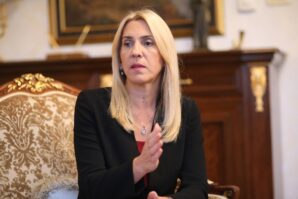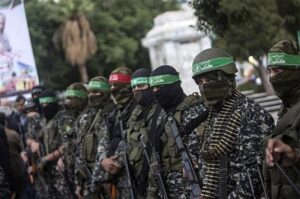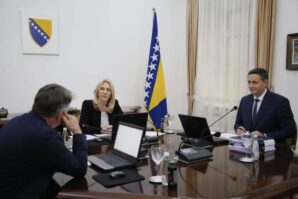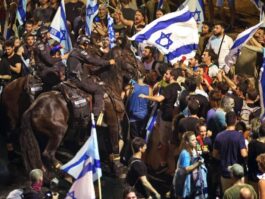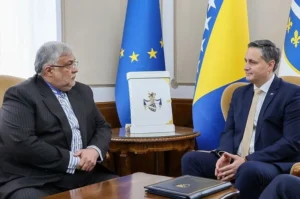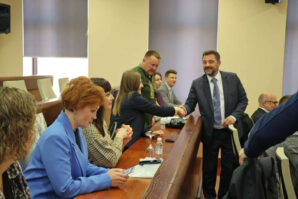
At the time of the aggression and genocide against Bosnia and Herzegovina, in besieged Sarajevo on September 28, 1993, a declaration on the restoration of the Bosniak historical name was adopted and in 1994 a law was adopted to replace the name Muslim with the name Bosniak, Institute for Research of Genocide Canada states in the press release.
By restoring the old, historical name Bosniak, the Bosniaks are firmly attached to the state of Bosnia and Herzegovina and its state-law, historical, social, cultural tradition, and to the Bosnian language.
For Bosniaks, this is a very important date, it is the date when they regained the right to their national name, national identity and the Bosnian language, which are realized within the state of Bosnia and Herzegovina, and also the diaspora, in every country where Bosniaks are resettled.
The United Nations has added this holiday to its calendar as International Bosniak Day.
The matter of the fact is that more than 51 percent of the citizens of Bosnia and Herzegovina in the last census declared themselves as Bosniaks, and that about 54 percent of citizens in the census declared that their native language was Bosnian.
Dear Bosniaks, please lift your heads up in pride because there should be no sign or shame on your foreheads. On the contrary, your foreheads testify that you belong to a nation whose culture and tradition leave you with so much humanism and positive energy that all of you deserve to walk proudly, with dignity and freedom wherever you are, either in Bosnia or the diaspora.
It is very important that all Bosniaks, as well as all other people of Bosnia and Herzegovina and the diaspora, know why is this date celebrated as Bosniaks national holiday. That is the day when, after an uphill battle, Bosniaks regained the unjustly deprived right to call themselves as they wish and to be who they are and that is Bosniaks.
Bosniaks should be nationally promotional in their own country of Bosnia and Herzegovina, as well as in the diaspora. Using factual and historical facts, the world should be introduced to Bosniak history, tradition, culture, and the Bosnian language.
By opposing the continued questioning of the Bosniak name, as well as the continued denial of the Bosnian language, Bosniaks wherever they might be should be always marking this date, should preserve it from oblivion, they should build bridges of friendship, build cooperation and coexistence with others without distinction of religious or national affiliation, and to contribute to a better future for Bosnia and Herzegovina and the world.








